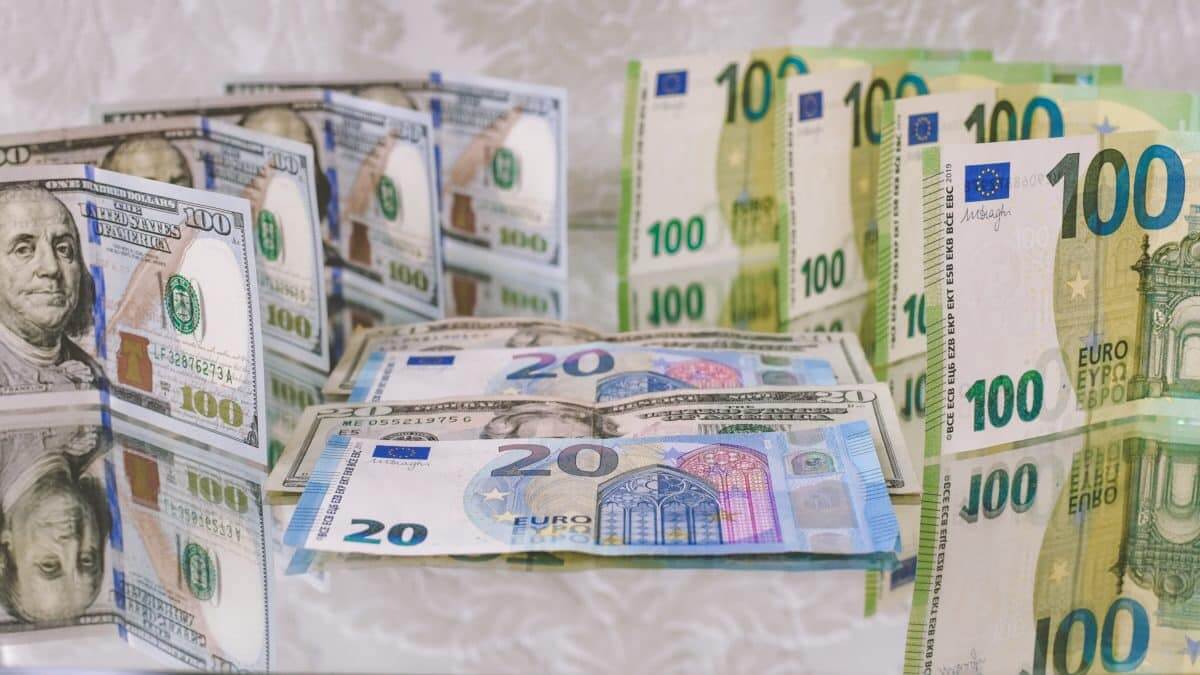
The Euro Gave Back Some of Its Recent Gains
The euro gave back some of its recent gains on Tuesday. However, it was still on track for its best month as markets repositioned in anticipation of interest rate hikes in Europe and a slower pace of rate hikes in the United States.
The euro was down 0.3 per cent at $1.0745, having set a five-week high of $1.0786 overnight; German inflation soared to its highest level in nearly half a century in May, owing to increasing energy and food prices.
Furthermore, “several ECB officials are speaking tonight, no probably hyping up the possibility of higher European interest rates,” they added a client note.
The Canadian dollar reached 1.2653 per dollar, close to a one-month high. The Australian dollar recovered from its low of $0.7163, aided by better-than-expected Chinese PMI data, and was last trading around $0.7180.
Bitcoin was trading at about $31,600, having surged beyond $32,000 overnight for the first time in more than three weeks.
Sterling was trading at $1.263, on track for a 0.5 per cent monthly gain against the dollar, its first monthly gain since 2022. The yen was trading at 128.15 per dollar, down on the day.
DXY
The dollar index traded at 101.63, down from a five-week low of 101.29 yesterday. The index compares the US dollar to six other currencies, with the euro receiving the most weight.
The focus has switched from more significant inflation and more rate hikes to concerns about whether Fed tightening is putting pressure on the economy; causing the dollar to drop in recent weeks.
A recent rise in sentiment toward riskier assets and currencies, fueled partly by the relaxation of lockdowns in China’s financial hub of Shanghai, has weighed on the safe-haven greenback. The news that European Union leaders agreed on Monday to halt most Russian oil imports by the end of the year drove up oil prices and supported commodity currencies.




